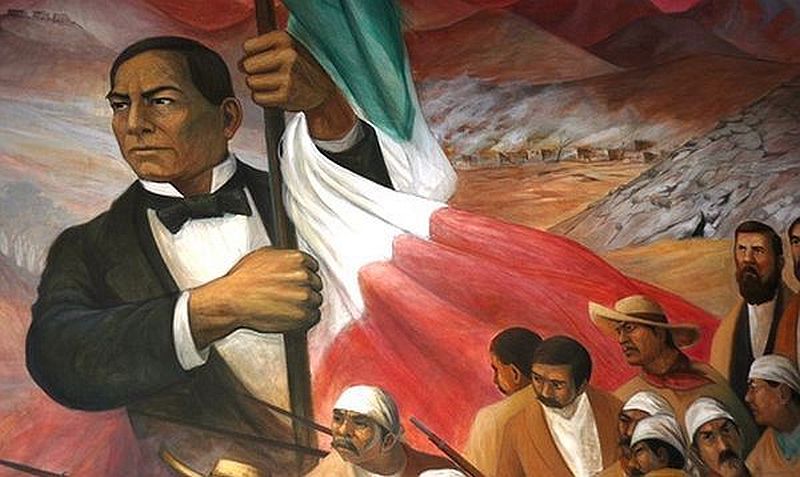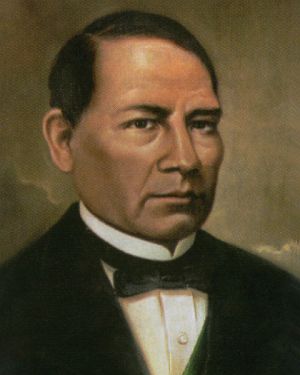
Puerto Vallarta, Mexico – Monday, March 18 is a National Holiday, with banks, government offices and many businesses closed as Mexico celebrates Benito Juárez, who rose from humble origins to occupy the Presidency of the Republic on several occasions during the turbulent second half of the 19th century.
Though Juarez’s birthday is actually March 21, the national holiday has traditionally been celebrated every year on the third Monday of March (which this year falls on the 18th), so citizens could enjoy a three-day holiday weekend, known as a “puente” (bridge) in Mexico.

One of Mexico’s most renowned Presidents, Juárez is regarded as one of the greatest heroes in Mexican history. Most every Mexican city has a street named after him, and he’s pictured on Mexico’s new 500 peso bank note, which went into circulation in 2018 and was first in a new family of bills that pay homage to the country’s historical identity and natural heritage.
Juarez’s life story is fascinating, a real example of determination. Young Benito was orphaned at four, labored as a shepherd, and didn’t even speak Spanish or read and write any language until after moving to Oaxaca City at age 13. There he learned to speak, read and write Spanish, studied law, married, and entered politics.
Upon entering politics in 1834, Juárez served as a city councilman in Oaxaca, judge, a congressman, a senator, the governor of Oaxaca, as well as Mexico’s justice minister and chief justice, until he was finally elected President in 1858.
Between 1858-1872 Benito Juárez served five terms as president, which included turbulent times for Mexico. In fact, he was president during two civil wars.
The first was the bloody Guerra de Reforma (“War of the Reform”) of 1858-1861, between Juarez’ “liberals” and the “conservatives” who occupied Mexico City for most of the war. During this conflict, Juarez himself was captured, barely escaping a firing squad in Guadalajara.
That war was followed shortly after by the Segunda Intervención Francesa en México (“Second French Intervention”) of 1862-1867, in which the Mexican monarchists, the French Foreign Legion, and the Austrian Emperor Maximilian ruled from Mexico City, doggedly opposed by President Benito Juárez, who ran his Republic from the north of the country. After the Republican victory and Juarez’s return to Mexico City, he continued as president (re-elected in 1867 and 1871) until 1872, when he died of a heart attack working at his desk in Mexico City.
The period of his leadership is known in Mexican history as La Reforma del Norte (The Reform of the North), and constituted a liberal political and social revolution with major institutional consequences: the expropriation of church lands, the subordination of army to civilian control, liquidation of peasant communal land holdings and the separation of church and state.
For these accomplishments he is often regarded as one of Mexico’s greatest and most beloved leaders whose influence is still felt today.





